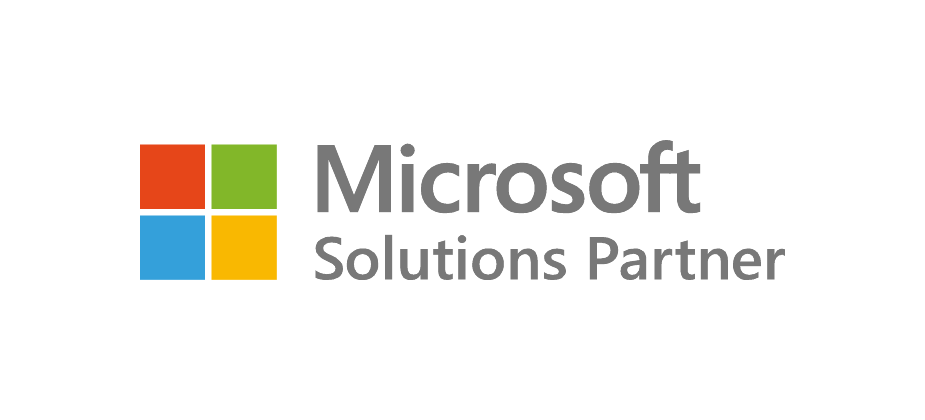
As the digital landscape continues to evolve, ensuring the security of your organization’s data and IT infrastructure remains paramount. With the rise of cloud-based solutions like Microsoft 365, CIOs and VPs of IT are faced with the crucial task of safeguarding sensitive information while maximizing productivity. However, integrating new tools such as Copilot for Microsoft 365 brings its own set of security considerations. In this blog, we’ll discuss the importance of a Copilot for Microsoft 365 assessment and how it can address the security concerns of IT leaders.
Understanding Security Concerns
CIOs and VPs of IT understand the critical importance of security within their organization’s IT ecosystem. When considering the adoption of Copilot for Microsoft 365, they naturally have concerns about data privacy, compliance, and protection against cyber threats. With Copilot potentially accessing and interacting with sensitive data within the Microsoft 365 environment, ensuring robust security measures is non-negotiable.
The Role of a Copilot for Microsoft 365 Assessment
A Copilot for Microsoft 365 Assessment serves as a proactive measure to evaluate the security posture of your organization’s Microsoft 365 environment before, during, and after the integration of Copilot. This comprehensive assessment examines various aspects of security, including:
- Data Privacy and Compliance: Assessing how Copilot interacts with sensitive data within Microsoft 365 and ensuring compliance with relevant regulations such as GDPR, HIPAA, and CCPA.
- Access Controls: Evaluating the access controls and permissions granted to Copilot within the Microsoft 365 environment to prevent unauthorized access to confidential information.
- Cyber Threat Detection: Identifying potential vulnerabilities and implementing robust threat detection mechanisms to detect and respond to cyber threats effectively.
- Integration Security: Assessing the integration of Copilot with existing security infrastructure and ensuring seamless interoperability without compromising security.
Benefits of a Copilot for Microsoft 365 Assessment
- Risk Mitigation: By conducting a thorough assessment, CIOs and VPs of IT can identify and mitigate potential security risks associated with the integration of Copilot for Microsoft 365, thereby safeguarding their organization’s sensitive data and reputation.
- Compliance Assurance: A comprehensive assessment ensures that Copilot adheres to industry-specific compliance requirements, providing assurance to stakeholders and regulatory bodies.
- Enhanced Security Posture: Implementing the recommendations and best practices identified during the assessment strengthens the overall security posture of the Microsoft 365 environment, reducing the likelihood of security incidents.
- Peace of Mind: Knowing that thorough security measures are in place to protect the organization’s data and IT infrastructure instills confidence among IT leaders and stakeholders, allowing them to focus on driving business objectives.
Conclusion
In today’s digital age, prioritizing security is not just a best practice—it’s a business imperative. For CIOs and VPs of IT considering the adoption of Copilot for Microsoft 365, conducting a comprehensive assessment is essential to ensure the security, compliance, and integrity of their organization’s Microsoft 365 environment. By partnering with trusted security experts and investing in proactive security measures, IT leaders can confidently embrace the benefits of Copilot for Microsoft 365 while safeguarding their organization against potential threats.

Recent Posts
- Thinking About Leaving GoDaddy? Discover How to Gain Full Control of Your Microsoft Tenant and Boost Security
- 5 Advanced Security Features of Azure Virtual Desktop for Enterprise Protection
- Top 10 Questions IT Leaders Ask About Azure Virtual Desktop (AVD)
- How Azure Virtual Desktop Simplifies Remote and Hybrid Work for IT Leaders
- Azure Virtual Desktop vs. Windows 365: Which Cloud Desktop Solution is Right for Your Business?
Each Azure project begins with a comprehensive Azure assessment, during which our team evaluates the existing environment, tackles challenges like compatibility and security, and designs a personalized migration approach.
